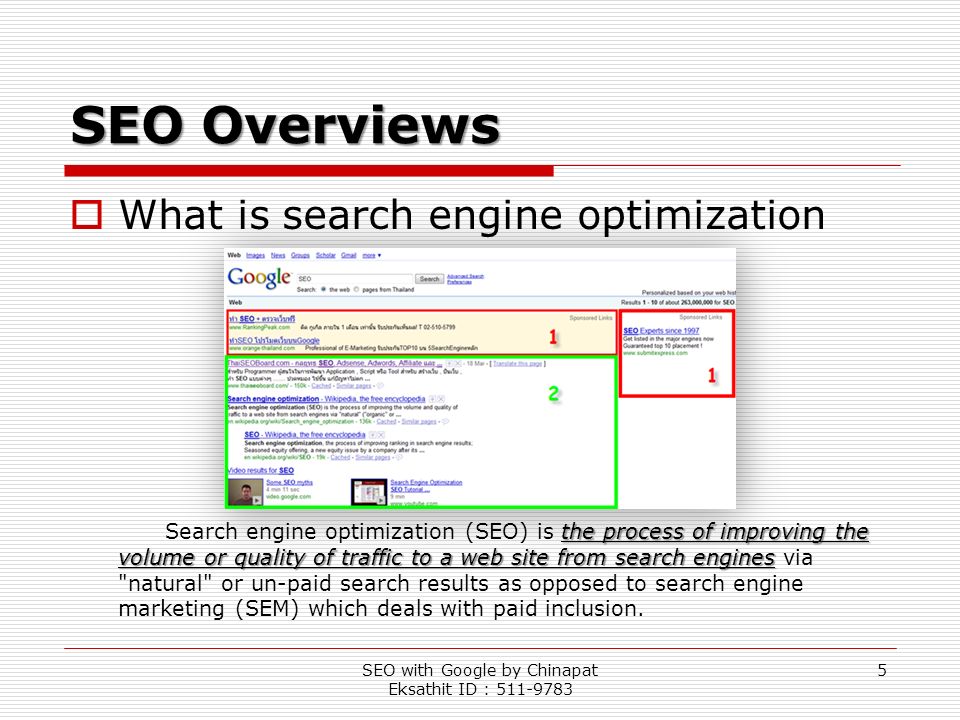Keyword Research Basics
Mastering Keyword Research For Seo Success

Keyword research is a critical component of any successful SEO campaign. It involves identifying the right keywords that will drive traffic, improve visibility, and ultimately lead to higher conversions.
Keyword research is a strategic process that requires a data-driven approach and the use of various tools. By mastering the art of keyword research, you can unlock the full potential of your SEO efforts and achieve long-term success.
The process of keyword research involves understanding your target audience, their search behavior, and the keywords they use to search for products or services. It also involves analyzing your competitors’ keyword strategies and identifying gaps in their approach.
The goal is to find keywords that are highly relevant to your business, have a high search volume, and are not overly competitive. With the right keywords, you can optimize your website content, improve your search engine rankings, and attract more organic traffic.

In this article, we will explore the fundamentals of keyword research and provide insights into the tools and techniques used to identify the most relevant and high-ranking keywords for your business.
Key Takeaways
- Keyword research is a crucial process for achieving visibility and traffic in SEO.
- Choosing relevant and high-ranking keywords based on customer intent and business ideas is essential.
- Quality keywords are more important than quantity keywords for improving a site’s ranking and traffic.
- There are various keyword research tools available such as Ahrefs, SEMrush, Adword Planner Tool, and Uber Suggest, which can be used for free or require a subscription fee for advanced features.
What is Keyword Research?
Keyword research is a crucial process in search engine optimization that involves identifying and selecting common and high-ranking terms related to a business or industry. The process includes expanding upon the most common phrases used for a query and revising customer’s intents and business ideas.
Google also suggests associated terms and sentences that can be used to optimize a site’s ranking and traffic. Estimating the volume and strength of each keyword found is an important aspect of keyword research.
The three main principles for choosing the right keywords are relevance, competition, and search volume. Quality keywords are more important than quantity keywords as they have a greater impact on a site’s ranking.

Ultimately, choosing the right keywords is essential for improving a site’s ranking and traffic.
Tools for Keyword Research
Various tools are available for identifying and selecting appropriate search terms that can improve a website’s visibility and attract more traffic. Top rated keyword research tools include Ahrefs, SEMrush, Adword Planner Tool, and Uber Suggest. These tools offer a wide range of features and functionalities that can be used to identify the best keywords for a website.
One of the advantages of using multiple keyword research tools is that it can help to cross-check and validate the data. Each tool has its strengths and weaknesses, and using multiple tools can help to identify gaps and inconsistencies in the data.
However, the downside of using multiple tools is that it can lead to duplication of effort and increase the time and resources required for keyword research. Therefore, it is important to choose the right tools based on the specific needs and objectives of the website.

Keyword Research for SEO
To achieve favorable outcomes in terms of website visibility and traffic, conducting thorough research to identify the most relevant and high-ranking search terms is essential, as the appropriate use of keywords is as important as a needle in a haystack. Understanding customer intent is critical in choosing the right keywords as it helps in identifying the specific words and phrases that potential customers use when searching for products or services. It is also important to note that the use of long-tail keywords, which are more specific and less competitive, can result in higher conversion rates and better-targeted traffic.
The relevance of keywords cannot be overstated, and it is a crucial factor in the success of SEO. Keyword research is an ongoing process, and it is essential to keep up with changing trends and customer behavior. By using the right keyword research tools and techniques, businesses can stay ahead of the competition and achieve their desired outcomes. In summary, mastering keyword research for SEO success requires a data-driven and strategic approach that prioritizes customer intent and the use of long-tail keywords.
| Emotion | Keyword | Example |
|---|---|---|
| Excitement | Revolutionary | "Revolutionary new product that will change your life!" |
| Trust | Expertise | "Our team of experts has years of experience and can handle any challenge." |
| Freedom | Flexibility | "Our services are designed to give you the flexibility you need to succeed." |
| Belonging | Community | "Join our community of like-minded individuals and achieve your goals together." |
Frequently Asked Questions
How does keyword research impact website design and user experience?
Keyword research impacts website design and user experience by determining relevant keywords for website navigation, optimizing keyword density for search engines, and ensuring readability for users. Strategic incorporation of keywords can improve search engine ranking and attract organic traffic.
Can using too many keywords hurt a website’s search engine ranking?
Overusing keywords, or keyword stuffing, has negative consequences on a website’s search engine ranking. Balancing keywords and content is crucial for SEO success. Technical data-driven strategies can engage audiences with a subconscious desire for freedom.

How can keyword research be used to improve local SEO?
Utilizing long tail keywords and targeting niche audiences can improve local SEO. This can be achieved through thorough keyword research, analyzing search volume and competition, and incorporating relevant terms into content. Strategic implementation of these tactics can drive traffic and increase visibility for local businesses.
What are some common mistakes to avoid when conducting keyword research?
Keyword research can be likened to a treasure hunt, but it’s important to avoid common mistakes. One mistake is relying solely on broad keywords, ignoring the importance of long tail keywords. Another is not utilizing keyword research tools to their fullest potential. An objective, data-driven approach is essential to successful keyword research for SEO.
How can keyword research be integrated into a broader content marketing strategy?
Integrating keyword research into a broader content marketing strategy involves analyzing target audience to create relevant content. Quality keywords should be chosen based on relevance, competition, and search volume. Technical tools like SEMrush and Ahrefs assist in data-driven strategic planning for content creation.

Hello there! I’m Louis Hill, the go-to guy for all things SEO and Keyword Research at Keyword Luv. My journey began at Ohio State, where I honed my skills in computer programming. But it’s the dynamic world of SEO and Online Marketing that truly captivates me. I’ve probably spent more hours ranking websites than most self-confessed computer nerds!
When I’m not immersed in the digital realm, you’ll find me pedaling through the countryside, embracing the freedom of cycling. Or perhaps, scribbling some not-so-great poetry, which I find oddly therapeutic. Travel is another passion, exploring new places and creating memories. And let’s not forget Duchess, my Golden Retriever. She might not be the typical retriever, but she’s perfect in her unique way!
Feel free to connect with me on Instagram or Facebook. Whether you’re curious about the latest trends in SEO, want to swap travel stories, or share a laugh over some bad poetry, I’m all ears. Let’s navigate this fascinating digital landscape together!







